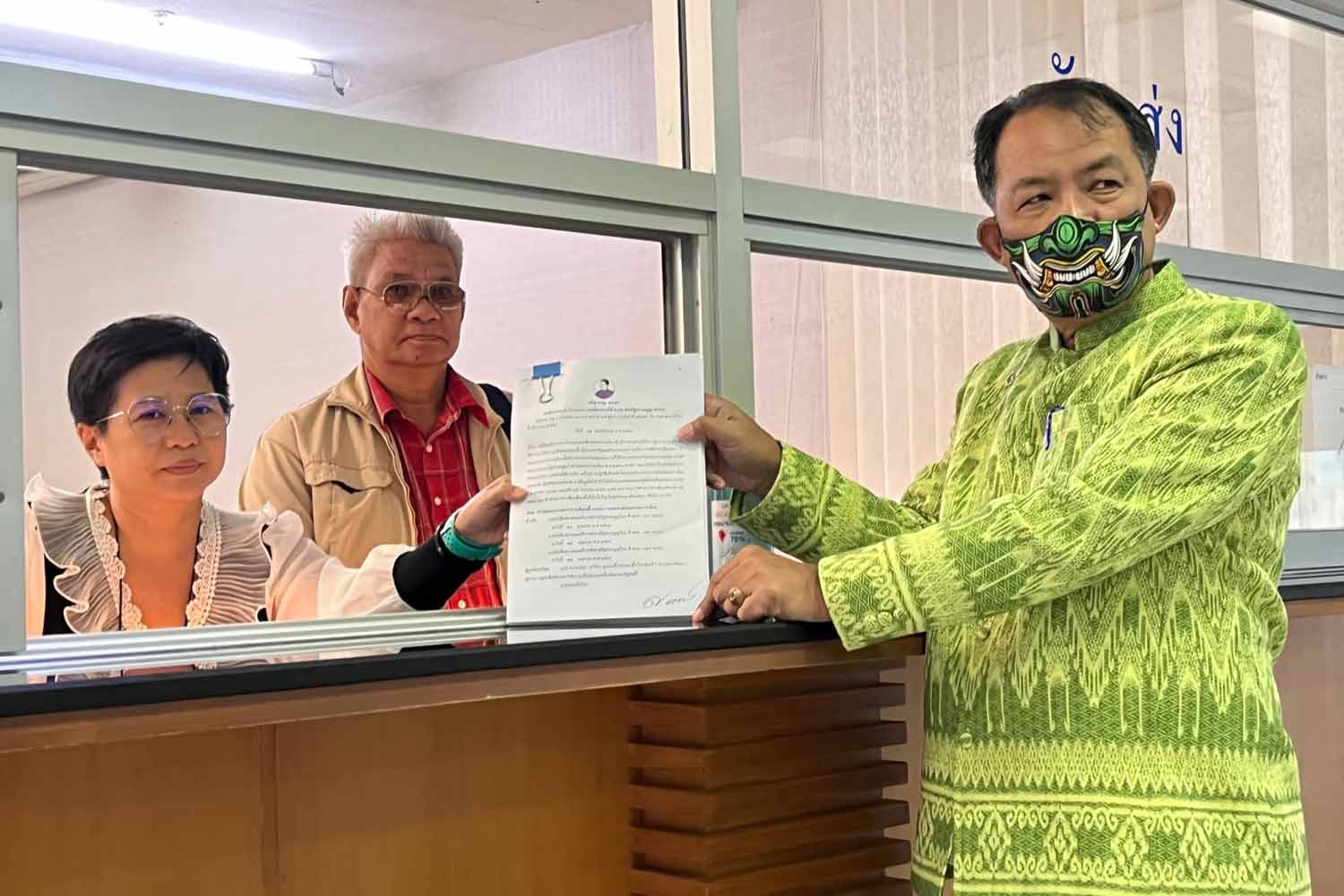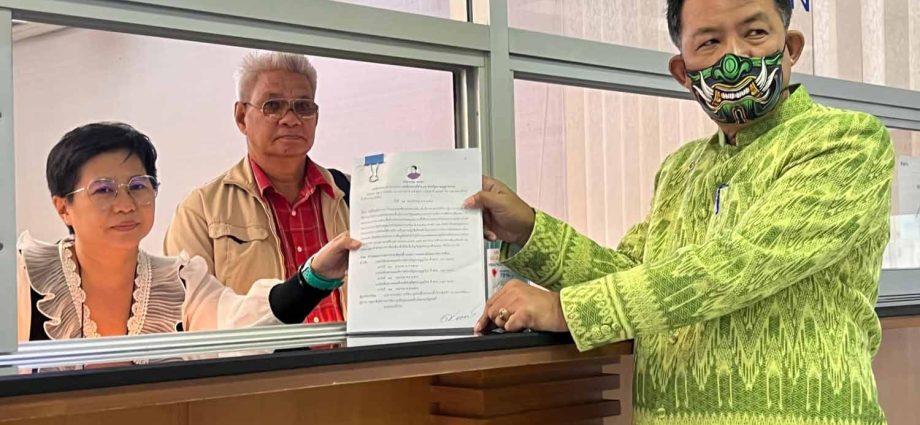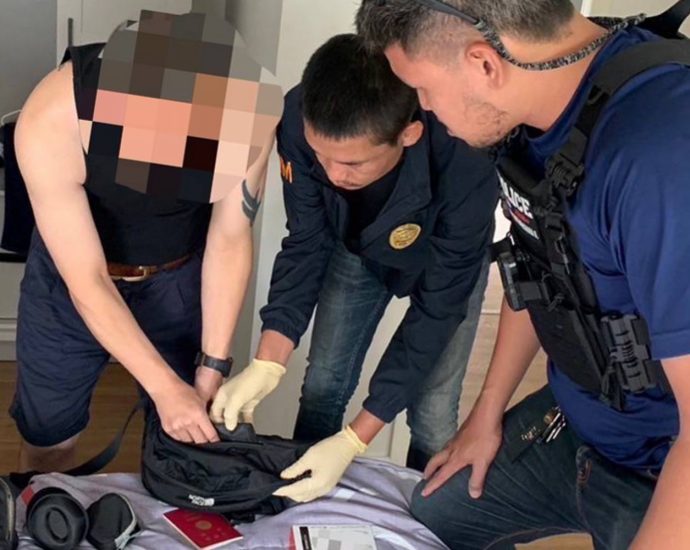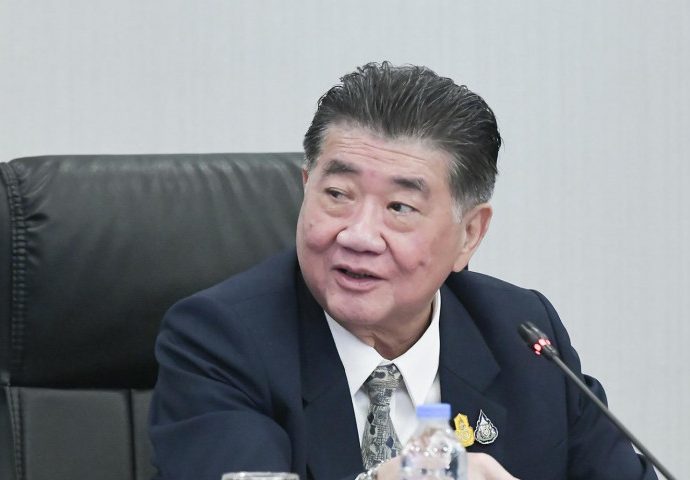New digital wallet complaint targets PM, Pheu Thai
PUBLISHED : 15 Nov 2023 at 15:30

Activist Srisuwan Janya on Wednesday complained to the Election Commission (EC), accusing Prime Minister Srettha Thavisin and his coalition-core Pheu Thai Party of deception in the 500 billion baht digital wallet handout.
He said they were liable to imprisonment, fines and loss of electoral rights.
At the EC office, Mr Srisuwan said Pheu Thai had earlier told the commission it would fund the handout through the national budget and without the need for borrowing. That caused the EC to dismiss his previous complaint against the policy.
However, last week Prime Minister Srettha announced the government would push through special legislation allowing it to borrow the money to fund the scheme. That was why he had now asked the EC if the prime minister and his party were being deceitful, and if the campaign policy was intended primarily to raise the popularity of the party and its candidates ahead of the May 14 general election.
Mr Srisuwan on Monday asked the Ombudsman to request a Constitutional Court ruling on the legality of the party’s decision to borrow the 500 billion baht needed for the policy and not fund it through the national budget.
Prime Minister Srettha, who is in the United States for the Apec leaders forum, admitted that the Pheu Thai Party and people in the provinces were concerned whether the Council of State, which is the government’s legal adviser, and the House would support the planned loan bill to fund the digital wallet scheme.
He reiterated his assertion the huge handout was needed to stimulate the national economy.
Deputy Finance Minister Julapun Amornvivat admitted on Wednesday the government had no backup plan if it could not get the required support in the House to pass the loan legislation.


















